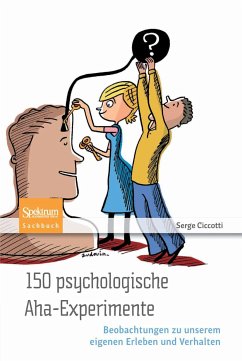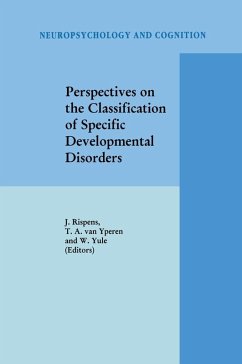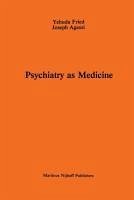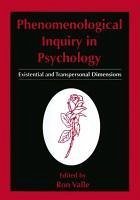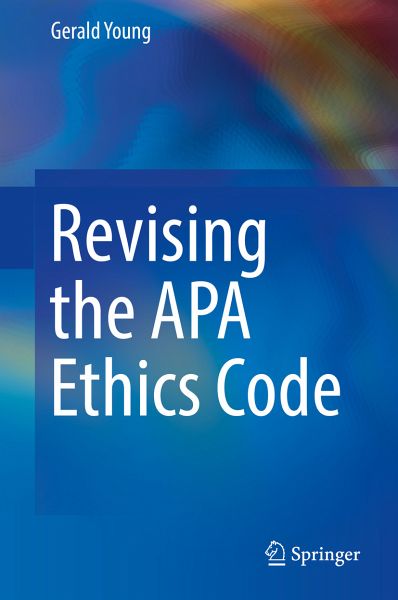
Revising the APA Ethics Code (eBook, PDF)
Versandkostenfrei!
Sofort per Download lieferbar
40,95 €
inkl. MwSt.
Weitere Ausgaben:

PAYBACK Punkte
20 °P sammeln!
This integrative volume proposes major revisions to the APA ethics code and works toward creating an ethics code applicable across psychology, psychiatry, and related mental health professions. Careful analysis identifies theoretical and structural deficits in the principles and standards comprising the existing APA code, corrects its ambiguities, and provides scientific and compare-contrast illustrations to address current and potential controversies arising from current gray areas. Proposed revisions are informed by the American Medical Association, Canadian Psychological Association, and in...
This integrative volume proposes major revisions to the APA ethics code and works toward creating an ethics code applicable across psychology, psychiatry, and related mental health professions. Careful analysis identifies theoretical and structural deficits in the principles and standards comprising the existing APA code, corrects its ambiguities, and provides scientific and compare-contrast illustrations to address current and potential controversies arising from current gray areas. Proposed revisions are informed by the American Medical Association, Canadian Psychological Association, and international ethics codes, emphasizing not only clearer language and diverse situations but also deeper conceptualizations of professional skills such as decision-making and client engagement. Ideally, the resulting universal code would be more inclusive of evolving ethical challenges in increasingly complex work environments and society.
Included in the coverage:
Comparison of the APAand CPA ethics codes.
An exhaustive text that spans clinical, research, teaching, and education domains, Revising the APA Ethics Code is essential reading for ethics scholars, practitioners, and the APA administrative and ethics committee hierarchies. These real-world guidelineswill help ensure that the mental health professions remain both modern and moral.
Included in the coverage:
Comparison of the APAand CPA ethics codes.
- Proposing five core and five supplementary ethical principles and their sub-principles.
- Analyzing the APA's ethical standards toward revising the APA ethics code.
- Elucidating new standards, domains, sub-domains, and meta-principles.
- Culling lessons from the 2017 AMA medical ethics code.
- Examining ethical decision-making: fallacies/biases and models.
- Proposing new concepts, such as participatory ethics and psychological co-regulation.
- Giving concrete and practical recommendations toward revising the APA ethics code and creating a universal mental health ethics code.
An exhaustive text that spans clinical, research, teaching, and education domains, Revising the APA Ethics Code is essential reading for ethics scholars, practitioners, and the APA administrative and ethics committee hierarchies. These real-world guidelineswill help ensure that the mental health professions remain both modern and moral.
Dieser Download kann aus rechtlichen Gründen nur mit Rechnungsadresse in A, B, BG, CY, CZ, D, DK, EW, E, FIN, F, GR, HR, H, IRL, I, LT, L, LR, M, NL, PL, P, R, S, SLO, SK ausgeliefert werden.




